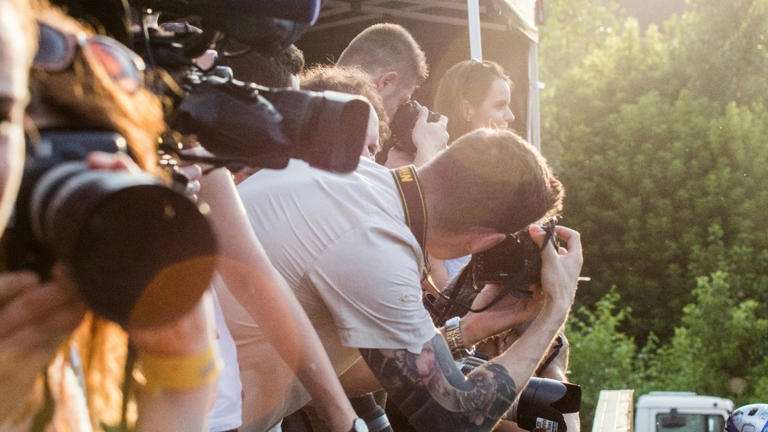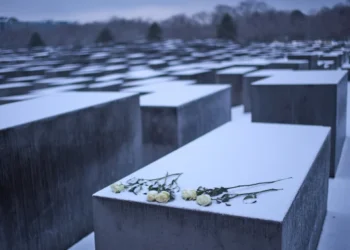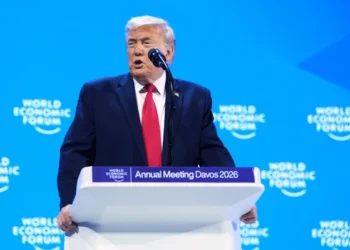It has been disclosed that in the past year, in virtually every region, journalists and independent media outlets faced increasing repression.
According to the annual World Press Freedom Index published by Reporters Without Borders (RSF), political attacks on press freedom, including the detention of journalists, suppression of independent media outlets and widespread dissemination of misinformation, have significantly intensified in the past year.
The index ranks 180 countries on the ability of journalists to work and report freely and independently.
This came as World Press Freedom Day was marked on Friday, May 3, 2024. The theme for the World Press Freedom Day 2024 is “A Press for the Planet: Journalism in the Face of the Environmental Crisis.”
The RSF’s index shows an overall decline in press freedom globally and a steep rise in the political repression of journalists and independent media outlets.
“RSF sees a worrying decline in support and respect for media autonomy and an increase in pressure from the state or other political actors,” said Anne Bocandé, RSF editorial director.
“States and other political forces are playing a decreasing role in protecting press freedom. This disempowerment sometimes goes hand in hand with more hostile actions that undermine the role of journalists, or even instrumentalise the media through campaigns of harassment or disinformation.”
Anne Bocandé
The report stated that Maghreb and Middle East regions performed the worst in terms of restrictions on press freedom by government forces.
The RSF said that, since October 2023, more than 100 Palestinian reporters have been killed by in Gaza, including at least 22 in the course of their work.
The RSF also stated that four of the world’s biggest jailers of journalists – Israel, Saudi Arabia, Syria and Iran – have continued to attack and detain them.
Additionally, The RSF revealed that Latin America is also showing alarming indicators of political repression of journalism.
The US has performed badly due to increasing attacks on journalists from political officials, including public calls to imprison reporters.
Elections in sub-Saharan Africa saw violence against journalists fuelled by political attacks on media freedom.
In Nigeria nearly 20 reporters were attacked in early 2023, and in Madagascar, reporters were targeted while covering pre-election protests. More recently, Burkino Faso has suspended dozens of foreign news organisations over reporting of an alleged massacre of hundreds of civilians by the Burkinabe army.
In Europe, the index showed Russia dropping down the ranks of countries mounting attacks on press freedom for what the RSF terms its “crusade” against independent journalism. More than 1,500 Russian journalists have fled abroad since the invasion of Ukraine in 2022.
Repression of the free press also worsened in the Asia-Pacific region.
The RSF revealed that the region’s dictatorial governments have been tightening their hold over news and information with “increasing vigour” in countries such as Afghanistan, where the Taliban have all but destroyed independent journalism, and North Korea and China’s “all-out persecution” of local media.
Vietnam and Myanmar also fell in the rankings this year due to their pursuit of mass imprisonment of media professionals.
RSF Points Out Increasing Use Of Artificial Intelligence
The RSF also painted a bleak picture of the increasing use of artificial intelligence, calling its use in the arsenal of disinformation for political purposes “disturbing,” with deepfakes being used to influence the course of elections.
Reporting on the war against nature is also proving increasingly dangerous. Forty-four journalists have been killed for covering environment stories over the past 15 years, according to a separate report by UNESCO, which organises World Press Freedom Day.
Australia fell 12 places on the Reporters Without Borders press freedom rankings, staying on the 39th position.
Australia is below South Africa and North Macedonia in the rankings, but ahead of the US. Norway topped the list.
The index noted of Australia that press freedom is not constitutionally guaranteed in this island-continent of 26 million people, but a hyperconcentration of the media combined with growing pressure from the authorities endanger public interest journalism.
READ ALSO: KODA Made A Mistake























